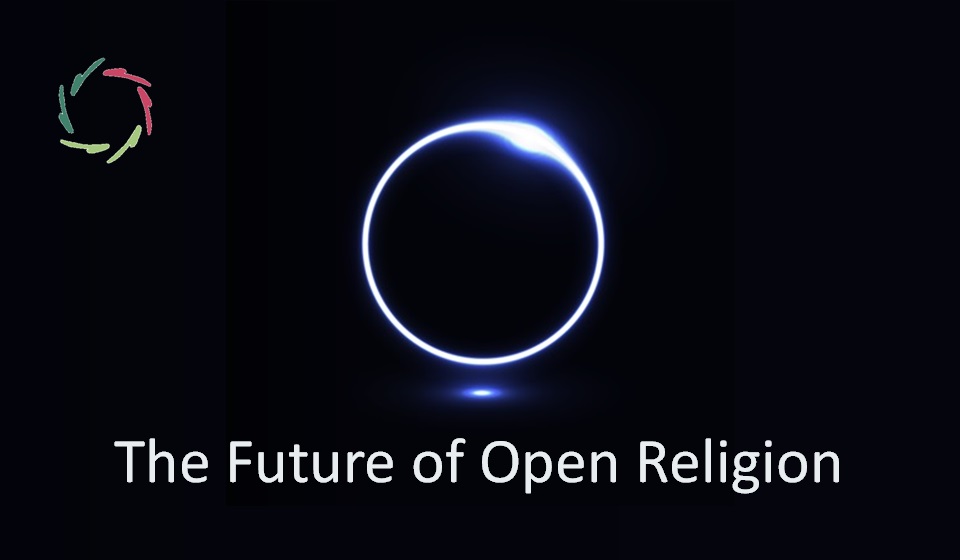The Future of Open Religion

The future of Open Religion, >as explored in many blogs<, foresees a significant transformation in religious experiences and beliefs.
This blog integrates some key points. At its core, the future of Open Religion is about inclusivity, Compassion, and profound understanding, surpassing traditional boundaries and cultivating a global community founded on shared spiritual values and experiences.
Inclusivity and depth
Open Religion aims to transcend individual religious doctrines by highlighting the deeper, shared experiences and values across various faiths.
This perspective fosters the understanding that the essence of all religions is fundamentally similar, promoting unity and mutual respect among diverse religious traditions.
Compassion as a core value
Compassion is underscored as the central tenet of Open Religion, aligning with the essence of most major religions and offering a universal foundation for spiritual practice.
Open Religion seeks to nurture this core value, encouraging adherents to see beyond doctrinal differences and embrace a more profound, shared spiritual experience.
This also encourages adherents to engage in Compassionate acts that promote inner growth and healing, both for themselves and others, creating a ripple effect of positivity within the global community.
Symbolism and meaning
Future religions will prioritize symbolic interpretations over literal ones. Symbols will be viewed as gateways to deeper understanding and personal growth, rather than rigid signs.
This shift towards symbolic interpretation helps preserve the essence of religious experiences while adapting them to contemporary contexts.
Integration with science and rationality
Open Religion envisions a synthesis of rationality and spiritual depth. This integration aims to harmonize scientific understanding with spiritual experiences, making religion more relevant and accessible in a scientifically advanced world.
This approach is expected to reduce conflicts between science and religion, fostering a more holistic understanding of existence.
Cultural and historical appreciation
While advocating for a deeper, more universal spiritual experience, Open Religion also respects the cultural and historical contexts of traditional religions.
It encourages adherents to appreciate the beauty and emotional worthiness of their religious heritage while opening themselves to broader spiritual insights.
The role of autosuggestion in open religion
Autosuggestion enables individuals to tap into their deeper subconscious. This fosters inner growth and Compassion, aligning with the core principles of Open Religion.
Through autosuggestion, individuals can achieve a more profound connection to their spiritual selves and to the broader community, enhancing the inclusivity and depth that Open Religion champions.
Interreligious dialogue and cooperation
Open Religion champions genuine interreligious dialogue, progressing beyond superficial exchanges to deep, meaningful interactions.
This dialogue seeks to recognize and celebrate common spiritual ground, reducing conflicts and fostering peace and cooperation among various religious communities.
We certainly need a lot of that!


